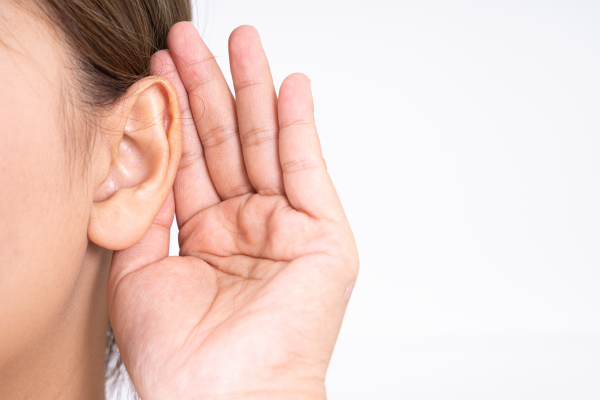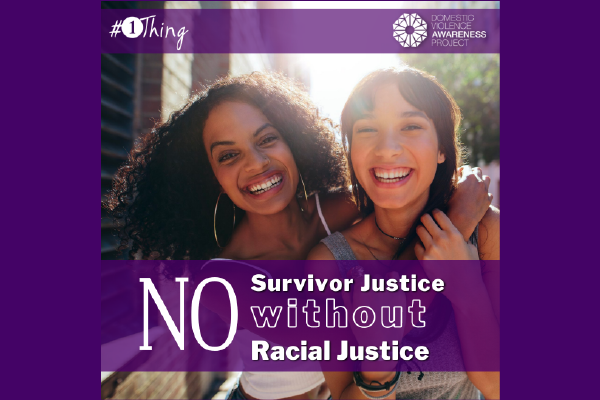Mindfulness can transform communication, particularly in the legal profession — discover the shift we need to make along with 4 questions that can guide us.
My 20-year-old son Jacob and my 17-year-old daughter Samantha love to argue. They debate everything from politics, sports, songs, TikTok stars, and food. What starts out as a healthy debate often ends with raised voices, talking over one another, and occasional name calling. After several unsuccessful attempts to get them to stop, I asked them, “Are you even interested in what the other person is saying?” They both said yes and started to laugh because they recognized they had stopped listening to each other completely.
For lawyers, the ability to communicate effectively is essential. However, many lawyers find it difficult to manage interpersonal communication because they are so focused on convincing, persuading, or challenging others that they forget how to listen. This can lead to increased anger and decreased effectiveness in both professional and personal relationships. In part one of these anger management series, I suggested some strategies to help reduce the intensity of anger. In part two, I described ways that we can harness the natural intelligence within anger to develop strength and compassion rather than cause suffering from our emotional reactivity. This final article focuses on building skills to improve communication with others even when having difficult conversations.
One of the most important communication skills is active listening. Most people think that they are good listeners. However, active listening is a skill that we can learn and improve over time with practice. First, we need to recognize that we all want to be heard. It makes us feel cared for, valued, and respected. To begin actively listening, is important to be fully present with the person we are listening to. We can do this through both verbal and non-verbal behaviors. Non-verbal behaviors that convey listening include having an open posture (avoid crossing arms or turning away), making eye contact, limiting facial expressions, and remaining quiet so that the person has uninterrupted space to share their thoughts. Some limited verbal behaviors can enhance active listening including reflecting and summarizing what the person has said and checking for accuracy, “Do I have that right?” (RELATED: Active Listening Skills: Essential Tips for Legal Professionals.)
Silence can be extremely valuable when communicating as it allows the necessary space for the other person to really get their message across and felt heard and understood. Silence also can help facilitate faster resolution as there is less opportunity for conflict and more time to respond mindfully. For many of us, it is hard to remain silent. If you pause in a conversation, you can often recognize the strong emotional “urge” or tension to want to speak even prior to actually speaking. Words and constellations of words then appear quickly in the mind followed by an even stronger urge toward external expression. Speech then is produced with the thought and emotional urge with it. This can happen within seconds without our direct awareness.
If we pause, remain silent, and observe, we can begin to see emotions and tensions that may be occurring. Rather than speaking right away, this pause can help us to adjust what we say before we say it. According to traditional Buddhist teachings, when we are practicing mindful speech, we should ask ourselves: Is it timely, true, gentle, beneficial, and spoken in true friendliness? Each of these questions invite a deeper and more reflective way of communicating.
Is it timely?
- Good timing is about HOW a communication will be received
- Difficult feedback needs careful timing and delivery
- Praise can inappropriate or cause self-inflation if not done carefully
- Timing considers whether someone is receptive
- Teachable moments can only occur when the timing is “right”
Is it true?
- With mindful introspection, we can speak the truth to the best of our ability
- Offering truth can be an act of generosity
Is it gentle?
- We can speak with gentleness in the voice
- Our body language can convey relaxation
- The message that our speech conveys adaptability, openness, and flexibility.
Is it beneficial?
- Creates a wholesome engagement rather than gossip, idle chatter, or divisive speech
- Harmonious speech that unifies and heals
- Allows the mind to release harmful attachments when we focus on supporting another person
Try this for a day and you will quickly recognize how challenging it is to practice mindful speech. However, when we practice mindful speech regularly, we will likely notice significant improvement in our sense of connection and affection toward people when we speak to them.
Mindfulness of speech also invites us to ask yourself what is the goal of the conversation? Is it to persuade the other person? Establish common ground? There is no wrong answer here, but it is important to recognize this before launching into a familiar pattern of arguing. If your goal is to persuade, ask yourself: Do I understand their perspective? Can I treat them with respect? This is a good time to use your mindful listening and speech skills. If the goal is to find common ground, ask yourself: Can I find shared fears, goals, likes, dislikes (professional or personal)? This can elicit compassion and care for the other person.
My children still argue at the dinner table, but they also pause more. I watch my son maintain eye contact and stay quiet as his sister gives her opinion about what is wrong in the world. My daughter is more tactful about her feedback to her brother when she disagrees with something. And if they fall back into their old patterns, I begin to hum Hamilton to myself (“Talk Less, smile more”) and recognize that Rome was not built in a day.
“The words you speak become the house you live in” – Hafiz
Free & Confidential Consultations:
Lawyers, law students, and judges in Massachusetts can discuss concerns with a licensed therapist, law practice advisor, or both. Find more on scheduling here.
. . .
This post was originally published in the November 19, 2021 issue of Massachusetts Lawyers Weekly as “Mindful speech can decrease anger, improve interpersonal communication”.




